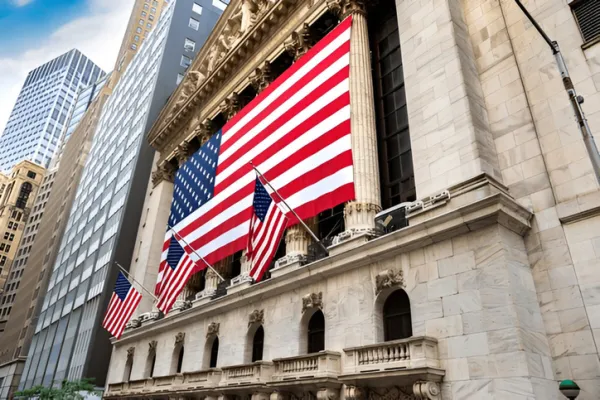After a week of further declines for equity markets globally and a flight to safety that drove government bond yields to multiyear lows in multiple countries, many investors are hoping for a fresh start in the days ahead. Growth data from Japan may invoke more controversy after the Bank of Japan made the decision to join the negative rate club, while inflation data from China will test concerns over waning demand for basic materials. Perhaps the most significant event on the calendar will be a meeting in Brussels that will allow U.K. Prime Minister David Cameron to demonstrate the positive aspects to remaining within the euro zone. Given recent market conditions, an ancient Japanese festival celebrating determination and personal sacrifice will be all the more poignant.
Monday, February 15: On Presidents’ Day, a market holiday in the U.S. the Japanese Cabinet Office releases preliminary GDP figures. This past week Japanese Prime Minister Shinzo Abe defended the recent move by Bank of Japan policymakers to negative interest rates before the Diet, Japan’s parliament. Abe expressed confidence that the central bank’s 2 percent inflation goal would be achieved.
Tuesday, February 16: In late January, Toronto–headquartered Barrick Gold, the world’s largest gold producer, announced production guidance that included $3 billion in impairment charges as it revised price projections for 2016 downward to $1,000 per ounce. Investors reviewing the company’s quarterly earnings announcement scheduled this Tuesday will likely be focused on the mining firm’s cost-cutting, but there may be reason to hope that prices will rise in coming months to lift the bottom line. Futures and spot prices this past week hit the highest level in a year in response to collapsing equity markets and negative policy rates.
Wednesday, February 17: German exchange operator and trading services provider Deutsche Börse reports financial results for the final three months of 2015 on Wednesday. 24 new initial public offerings occurred on the Frankfurt Stock Exchange, Deutsche Börse’s primary trading venue, last year. Year-to-date has been a different story, however, as volatile equity markets globally dampen enthusiasm for new listings.
Thursday, February 18: China’s National Bureau of Statistics releases January inflation data. As the hangover from Lunar New Year celebrations give way to the more sober prospect of measuring demand in China, the figures stand to have a significant impact on global market sentiment.
Friday, February 19: The second and final day of the European Council session in Brussels will be a venue for U.K. Prime Minister David Cameron to solicit help from fellow EU leaders as he seeks to rein in a potential Brexit. Changes in EU rules on benefits for immigrants that might appease hardliners opposed to open borders might help tilt the scales in favor of a victory for the U.K. remaining within the Union ahead of a national referendum in 2016.
Saturday, February 20: Hadaka Matsuri is a festival dating back to the seventh century in Japan. The city of Nara holds the most famous version of the celebration, known as Saidai-ji Eyo Hadaka Matsuri. After a day filled with traditional dancing, food and children’s events, 10,000 men clad in nothing more than loincloths will brave the freezing weather to plunge into icy water and then scramble to find a bundle of sacred sticks thrown from a temple roof along with decoy bundles. While the event has the potential for roughness during the final phase, the event is all in good fun and represents the sacrifice of the individual in favor of society as a whole.






